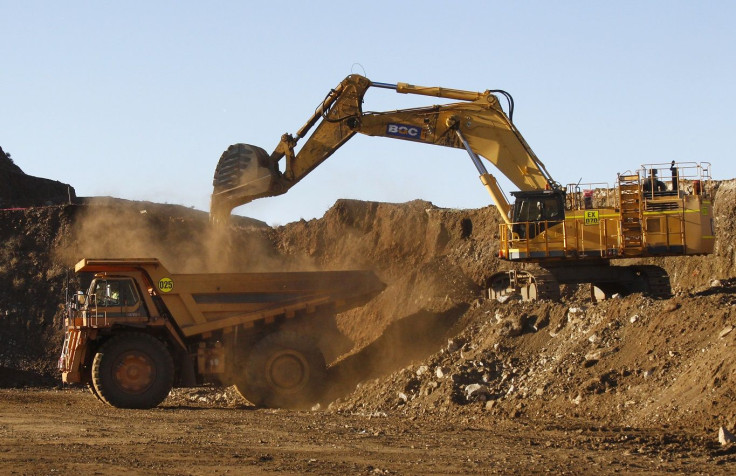Australia’s mining sector unemployment soars three times beyond national average; Minister says mining still has future

Unemployment is drastic among Australia's professional mining workforce. According to reports, in the past one year, their unemployment rate surged three times above the national jobless average of 6.2 percent.
This has been revealed in a report released by the Australasian Institute of Mining and Metallurgy, which said, 16.2 percent of Australia's mining professionals are jobless. It surveyed 2,266 people and noted the jobless figure has risen steeply from the 12.2 percent in 2014 and 1.7 percent of 2012. The jobless professionals include engineers, geologists, geo-technicians and environmental scientists, reported ABC News .
Iron ore worst hit
Michael Catchpole, CEO of the institute said professionals in the iron ore are the worst hit. They have been battered by tumbling commodity prices and a reduction in jobs as projects moved from construction to production. He said almost 25 percent of iron ore professionals are unemployed.
“I don't think any of the companies were anticipating the downturn we've seen, certainly in commodity prices. And while we move from that investment to production phase there certainly was not any anticipation in such a steep increase in unemployment across the professions,” Catchpole added.
Meanwhile, an Industry body said employment rates in Western Australia have jumped up. The WA Chamber of Minerals and Energy spokesman Emmanuel Hondros said the data from Australian Bureau of Statistics showed that there was an increase in employment in the sector.
“To the August quarter it's up from 94,300 to 105,200 people in WA,” he claimed.
Hondros agreed that there was variability in the employment market because of volatile commodity prices. But he said that was a constant factor in the industry. He reasoned that while dealing with commodities volatile commodity prices have to be expected.
“But the resources sector - as we enter an operations phase - will continue to be an important source of employment in WA and we'd expect that to grow over the longer term,” Hondros asserted.
Hondros claimed that as the industry in WA transitioned from construction to operation, new roles are emerging. He said the industry continues to automate and sustainable roles in the professions are adding up.
“Those in higher tech roles - and those in the trades - that will become the hall-mark of the sector,” Hondras said.
At the same time, recent estimates showed that Australia's population growth is slowing across all states, with WA marking the steepest decline. Chief economist Alan Langford said the slowing of WA's population growth has to do with the downturn in commodity prices.
“They had pushed population growth up to very high levels in 2012 and now the unwinding of that is showing the population growth is slowing markedly,” he said.
The total population growth in WA peaked at 3.7 percent in late 2012 and then slid to 1.4 percent. Victoria has now overtaken WA as the fastest growing state.
Bright future
Amidst reports that Australia’s mining boom is over, the newly resources minister sounded upbeat about the country’s future with regard to the mining sector. His optimism braved the slumping resource prices and actions of many major nations, including China, trying to combat climate change by curbing fossil-fuel emissions.
According to Josh Frydenberg, newly appointed resources and energy minister, there would be strong demand for high-quality Australian thermal coal and LNG gas exports will stay for many decades despite the competitive pressures from wind and solar technologies, the Wall Street Journal reported.
“I’m very positive about the renewable energy space; I’m very positive about the opportunities for further investment. I’m very positive about the increasing demand for Australia’s natural resources and energy sector,” Frydenberg said in an interview.
For feedback/comments, contact the writer at feedback@ibtimes.com.au or let us know what you think below.





















